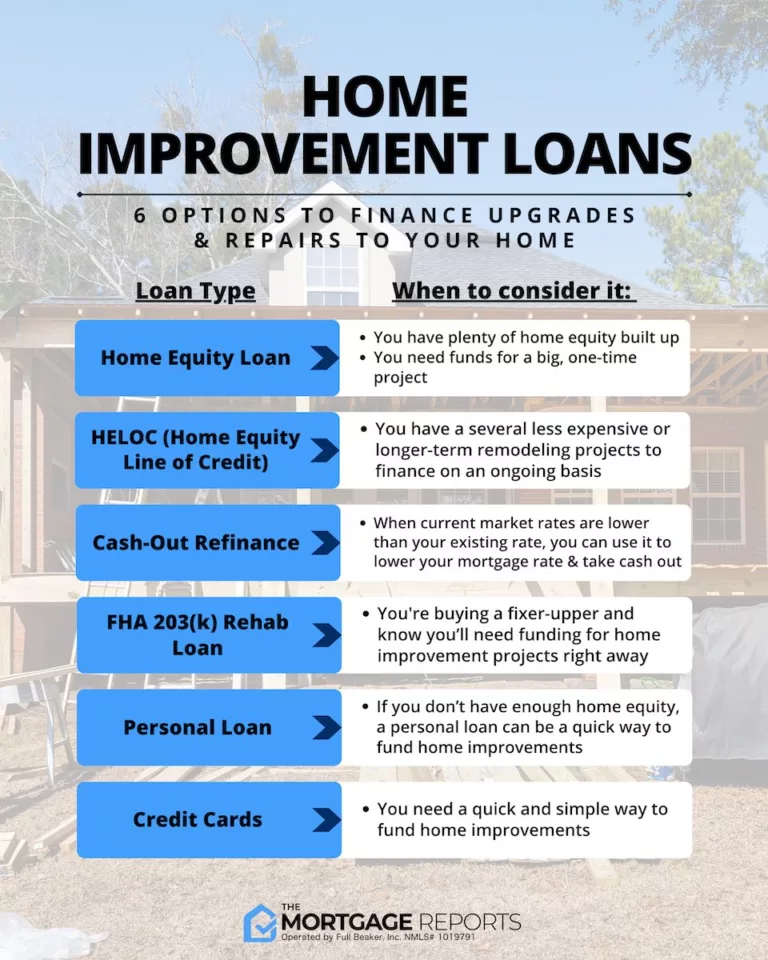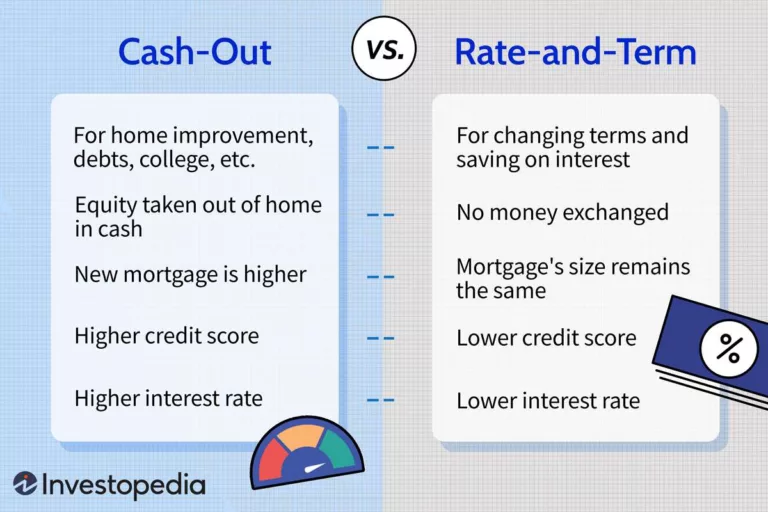Can You Use Rental Income to Qualify for a Mortgage: Unlocking the Potential
Yes, rental income can be used to qualify for a mortgage. Rental income provides an additional source of income for borrowers, making it easier to meet the lender’s eligibility requirements.
Securing a mortgage can be a challenging task, especially when it comes to meeting the stringent eligibility criteria set by lenders. However, if you are looking to purchase a property and have rental income from existing properties, you may be in luck.
Rental income can be a valuable asset when it comes to qualifying for a mortgage. By leveraging rental income, borrowers can provide lenders with an additional source of income, potentially boosting their chances of loan approval. We will explore the ins and outs of using rental income to qualify for a mortgage, providing you with the information you need to make an informed decision about your financial future.

Credit: www.lidarealty.com
Understanding Rental Income And Qualifying For A Mortgage
Understanding rental income and how it can be used to qualify for a mortgage is essential for potential buyers. Rental income can be considered as a source of income for mortgage qualification, enabling buyers to maximize their borrowing potential. It is important to analyze rental agreements and provide proof of stable rental income to lenders for a successful mortgage application.
What Is Rental Income?
Rental income refers to the money earned by individuals from their properties or real estate investments. It is the income received from tenants or rental agreements, and it plays a crucial role in determining one’s eligibility for a mortgage.
Why Is Rental Income Important For Mortgage Qualification?
Rental income is an essential factor that lenders consider when determining whether to approve a mortgage application. It can greatly affect your ability to qualify for a mortgage and the loan amount you are eligible for.
Here’s why rental income is important:
- Additional Income: Rental income serves as an additional source of income that lenders take into account when evaluating your financial ability to repay the mortgage loan.
- Debt-to-Income Ratio: Lenders calculate your debt-to-income (DTI) ratio to assess your ability to manage monthly mortgage payments. Including rental income can help lower your DTI ratio, increasing your chances of qualification.
It’s important to note that lenders have specific requirements and guidelines when considering rental income. Here are a few things they typically look for:
- Consistency: Lenders prefer rental income that demonstrates stability and consistency over time. Therefore, they may request historical records of rental income for a specific duration.
- Documentation: It’s crucial to provide proper documentation to validate your rental income. This includes lease agreements, rent receipts, tax returns, and bank statements, among other documents.
- Mortgage Payments vs. Rental Income: Lenders typically assess the ratio between your anticipated monthly mortgage payments and the rental income you expect to receive. They want to ensure that your rental income can cover your mortgage expenses.
In conclusion, understanding rental income and how it impacts mortgage qualification is vital for individuals aiming to secure a mortgage loan. By providing accurate rental income documentation and meeting lender criteria, you can strengthen your chances of successfully using rental income to qualify for a mortgage.

Credit: www.keyrenterhouston.com
Requirements For Using Rental Income To Qualify
When it comes to buying a house, not all potential homebuyers rely solely on their own income to qualify for a mortgage. Some may have the advantage of having rental income from an existing property or planning to purchase a property for renting purposes. If you fall into this category, you may wonder if you can use rental income to qualify for a mortgage. The answer is yes, but there are certain requirements you need to meet. Below are the key factors to consider when using rental income to qualify for a mortgage.
Minimum Length Of Rental History
The minimum length of rental history is an important factor for lenders to determine the viability of using rental income to qualify for a mortgage. Generally, lenders prefer to see a rental history of at least one to two years. This shows that you have successfully managed a rental property and have a consistent stream of rental income. However, some lenders may be more lenient and accept a shorter rental history, especially if you are a first-time landlord or have other strong financial factors in your favor.
Stability Of Rental Income
The stability of rental income is another crucial aspect that lenders take into account. They want to see a reliable and consistent rental income that can be used as a reliable source of repayment for the mortgage. Lenders may consider factors such as the number of rental units, occupancy rate, and the presence of long-term leases. If you have a high tenant turnover or irregular rental income, it may raise concerns for lenders and affect your ability to use rental income to qualify for a mortgage.
Documentation Needed For Rental Income Verification
When it comes to verifying rental income, lenders require documentation to ensure the legitimacy of the income. The documentation needed may vary slightly between lenders, but it typically includes:
- Proof of rental income through bank statements or cancelled rent checks
- Lease agreements to validate the rental terms and length
- Proof of property ownership
- Offsetting expenses such as property taxes, insurance, and maintenance costs
By providing this documentation, you help lenders understand the financial aspects of your rental property and the income it generates. This, in turn, strengthens your case for using rental income to qualify for a mortgage.
Calculating Rental Income For Mortgage Qualification
If you’re considering using rental income to qualify for a mortgage, it’s important to understand how lenders calculate this income. The way rental income is calculated can vary from lender to lender, so it’s crucial to know the specific guidelines and requirements when applying for a mortgage.
Gross Rental Income
One method that lenders use to calculate rental income is by looking at the gross rental income. Gross rental income refers to the total income generated from renting out the property before any expenses or deductions are taken into account.
To calculate the gross rental income, the lender will typically require documentation such as lease agreements or rental contracts. These documents will provide the necessary information about the monthly rental amount and the duration of the lease. It’s important to provide accurate and up-to-date lease agreements to ensure an accurate calculation of the gross rental income.
Net Rental Income
Another method that lenders use is calculating the net rental income. Net rental income takes into consideration the expenses associated with owning and maintaining the rental property. These expenses can include property taxes, insurance, maintenance costs, and property management fees.
To calculate the net rental income, the lender will require documentation such as tax returns or profit and loss statements. These documents will provide the necessary information about the expenses incurred and the net income generated from the rental property. Providing accurate and detailed tax returns or profit and loss statements will help in accurately calculating the net rental income.
Using Lease Agreements And Tax Returns For Calculations
Lease agreements and tax returns are essential documents when it comes to calculating rental income for mortgage qualification. Lease agreements provide information about the rental amount and duration, while tax returns provide details about the expenses and income generated from the rental property.
It’s important to ensure that the lease agreements and tax returns provided to the lender are accurate, complete, and up-to-date. Any discrepancies or missing information may affect the calculation of the rental income and could potentially impact your mortgage qualification.
In conclusion, if you’re considering using rental income to qualify for a mortgage, understanding how lenders calculate this income is crucial. Providing accurate and detailed lease agreements, as well as tax returns, will help in accurately calculating the rental income. Remember to consult with a knowledgeable mortgage professional who can guide you through the process and ensure that you meet all the requirements.
Considerations And Limitations
When it comes to applying for a mortgage, you may be wondering if you can use rental income to qualify. While it is possible, there are several considerations and limitations to keep in mind. In this article, we will discuss the mortgage industry guidelines, limits on rental income percentages, and potential risks and challenges.
Mortgage Industry Guidelines
The mortgage industry has specific guidelines when it comes to using rental income to qualify for a mortgage. Lenders typically require a history of rental income, which usually consists of at least two years of tax returns or rental agreements. This documentation is used to determine the consistency and reliability of the rental income.
Additionally, lenders may also consider the potential for future rental income. This can be evaluated by obtaining an appraisal or rental market analysis to determine the fair market rent for the property. The lender will take into account this potential income when determining your eligibility for a mortgage.
It’s important to note that different lenders may have varying requirements and guidelines regarding rental income. It’s always a good idea to consult with a mortgage professional to understand the specific guidelines you need to meet.
Limits On Rental Income Percentages
While rental income can be used to qualify for a mortgage, there are limits on the percentage of rental income that can be considered. Lenders typically allow a certain percentage, often ranging from 50% to 75%, of the rental income to be used in the qualification process.
This limitation is imposed to account for potential vacancies, maintenance costs, and other expenses associated with renting the property. Lenders want to ensure that borrowers have enough income to cover their mortgage payments even if the property is not fully occupied or if rental rates decrease.
Potential Risks And Challenges
Using rental income to qualify for a mortgage comes with its own set of risks and challenges. It’s essential to carefully consider these factors before deciding to rely on rental income for mortgage qualification.
One potential risk is the fluctuation of rental income. Rental rates can vary, and there may be periods of vacancies that can impact your ability to make mortgage payments. It’s crucial to have a contingency plan in place to cover any potential income gaps.
Another challenge is the maintenance and repair costs of the rental property. As a landlord, you are responsible for ensuring the property is in good condition. These expenses can eat into your rental income and affect your ability to meet your mortgage obligations.
Lastly, lenders may also have additional requirements when using rental income to qualify, such as having a certain amount of cash reserves or a higher credit score. It’s important to understand and meet these requirements to increase your chances of approval.
In conclusion, while it is possible to use rental income to qualify for a mortgage, there are considerations and limitations to be aware of. Understanding the mortgage industry guidelines, rental income percentages, and potential risks and challenges will help you make an informed decision and navigate the mortgage application process successfully.
Tips For Successfully Using Rental Income To Qualify
When it comes to securing a mortgage, using rental income can be a smart strategy to boost your chances of approval. However, it’s important to know the ins and outs of this process to avoid any pitfalls along the way. In this section, we will share some essential tips for successfully using rental income to qualify for a mortgage.
Choosing The Right Rental Properties
One of the key considerations when using rental income to qualify for a mortgage is the choice of rental properties. It’s crucial to select properties that have a high demand and can generate consistent rental income. Additionally, properties in desirable locations with low vacancy rates tend to be more attractive to lenders. By carefully choosing rental properties, you can maximize your chances of using rental income to qualify.
Maintaining A Strong Rental History
Maintaining a strong rental history is another important factor for successfully using rental income to qualify for a mortgage. Lenders will typically want to see a demonstrated history of consistent rental payments. This can be achieved by promptly collecting rent, conducting regular property inspections, and addressing any maintenance issues in a timely manner. By providing evidence of a strong rental history, you can strengthen your case for using rental income to qualify.
Working With Knowledgeable Lenders
Working with knowledgeable lenders is vital when using rental income to qualify for a mortgage. These lenders specialize in rental property financing and have a deep understanding of the specific requirements and nuances involved. They can guide you through the process, help you optimize your rental income calculations, and ensure all the necessary documentation is in order. By partnering with knowledgeable lenders, you can streamline the process and increase your chances of successfully using rental income to qualify for a mortgage.

Credit: www.facebook.com
Frequently Asked Questions For Can You Use Rental Income To Qualify For A Mortgage
Does Rental Income Count As Income For Mortgage Application?
Rental income can count as income for a mortgage application. It can help you meet the lender’s income requirements and improve your chances of loan approval.
Does Rental Income Count As Earned Income?
No, rental income is not considered earned income since you are not actively working to earn it. Earned income typically refers to money earned through employment or self-employment. Rental income is categorized as unearned income.
What Income Is Used To Qualify For A Mortgage?
The income used to qualify for a mortgage includes your regular, verifiable income from employment or self-employment. This may also include income from rental properties, investments, or retirement accounts.
Can You Use Rental Income For Conventional?
Yes, rental income can be used for conventional loans as long as certain requirements are met. The income must be stable, documented, and likely to continue for at least 3 years. Lenders may also require a certain amount of reserves to cover expenses.
Always consult with a loan officer for specific guidelines.
Conclusion
Rental income can indeed be a valuable tool when it comes to qualifying for a mortgage. By providing proof of consistent rental income, lenders are more likely to view you as a trustworthy borrower. However, it is important to do your research and understand the specific requirements and guidelines set by lenders.
Consulting with a mortgage professional can help you navigate this process and maximize your chances of using rental income to qualify for a mortgage.



